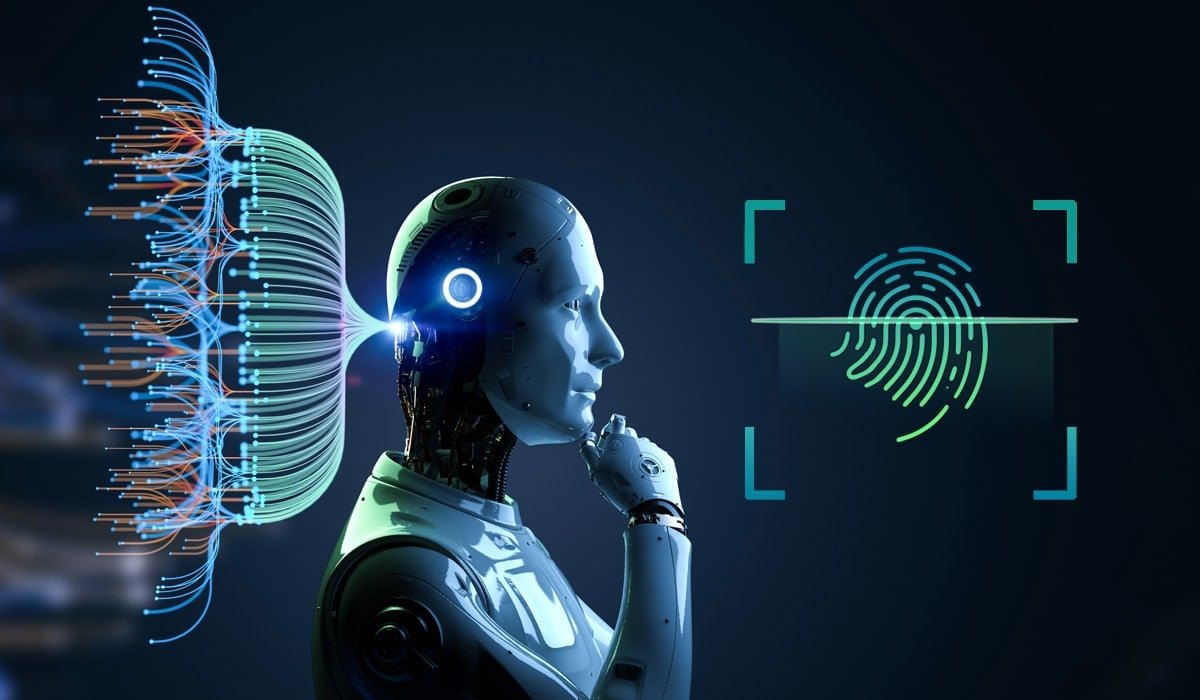Artificial Intelligence (AI) has revolutionized various aspects of our lives, from how we communicate to how we conduct business. But one question that often arises is whether the technology powered by AI is accurate. In this article, we delve into the nuances of AI accuracy, exploring its definition, factors influencing it, challenges, advancements, real-world applications, and prospects.
1. Introduction to Artificial Intelligence (AI)
What is AI?
AI refers to the simulation of human intelligence in machines programmed to mimic cognitive functions such as learning and problem-solving.
Evolution of AI
Over the years, AI has evolved from simple rule-based systems to sophisticated neural networks capable of complex tasks.
2. Accuracy in AI Technology
Definition of Accuracy in AI
In the context of AI, accuracy refers to the degree of conformity of a result to the true value or expectation.
Factors Affecting Accuracy
Several factors influence the accuracy of AI systems, including data quality, algorithm complexity, model architecture, and computational power.
3. Machine Learning and Accuracy
Role of Machine Learning in AI Accuracy
Machine learning plays a crucial role in enhancing AI accuracy by enabling systems to learn from data and improve performance over time.
Supervised Learning vs. Unsupervised Learning
Supervised learning involves training a model on labeled data, while unsupervised learning involves discovering patterns in unlabeled data.
4. Deep Learning and Accuracy
Importance of Deep Learning in AI Accuracy
Deep learning, a subset of machine learning, has significantly improved AI accuracy by enabling the training of complex neural networks.
Neural Networks and Accuracy
Neural networks, inspired by the structure of the human brain, have shown remarkable accuracy in tasks such as image recognition and natural language processing.
5. Challenges to AI Accuracy
Data Quality and Quantity
The quality and quantity of data used to train AI models greatly impact their accuracy and generalization ability.
Bias and Fairness Issues
AI systems are susceptible to bias, leading to unfair outcomes, especially in applications like hiring and lending.
Interpretability and Explainability
Ensuring that AI models are interpretable and explainable is crucial for building trust and understanding their decisions.
6. Advancements in AI Accuracy
Techniques to Enhance Accuracy
Researchers are continually developing new techniques such as ensemble learning, transfer learning, and adversarial training to enhance AI accuracy.
Research and Development Efforts
Investments in AI research and development are driving innovations aimed at improving accuracy and addressing challenges.
7. Real-world Applications
Examples of AI Technologies and Their Accuracy
AI technologies are used in various domains, including healthcare, finance, transportation, and entertainment, with varying degrees of accuracy.
8. Future Outlook
Predictions for the Future of AI Accuracy
The future of AI accuracy holds promise with advancements in areas such as explainable AI, federated learning, and quantum computing.
9. Conclusion
In conclusion, technology powered by artificial intelligence has made significant strides in terms of accuracy, thanks to advancements in machine learning, deep learning, and ongoing research efforts. However, challenges such as data quality, bias, and interpretability remain, requiring continuous innovation and ethical considerations. Despite these challenges, the future looks bright for AI accuracy, paving the way for transformative applications across diverse industries.
FAQs
- Is AI technology always accurate?
While AI technology has achieved remarkable accuracy in many tasks, it is not infallible and can still make errors, especially in complex or ambiguous situations. - How can bias in AI be mitigated to ensure accuracy?
Bias in AI can be mitigated through careful data selection, diverse representation in training datasets, and regular auditing of algorithms for fairness. - What role does human oversight play in ensuring AI accuracy?
Human oversight is essential for validating AI decisions, identifying errors, and refining algorithms to improve accuracy and reliability. - Are there any ethical concerns related to AI accuracy?
Ethical concerns related to AI accuracy include privacy infringement, discrimination, and the potential for unintended consequences in decision-making. - What are some future trends expected to impact AI accuracy?
Future trends such as explainable AI, federated learning, and the integration of AI with emerging technologies like blockchain and quantum computing are expected to enhance AI accuracy and capabilities.


